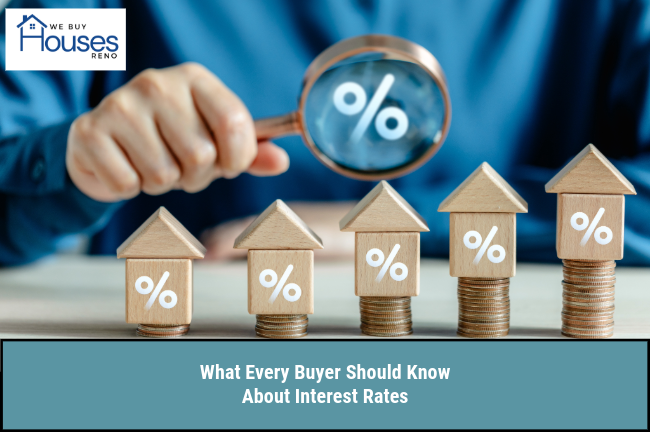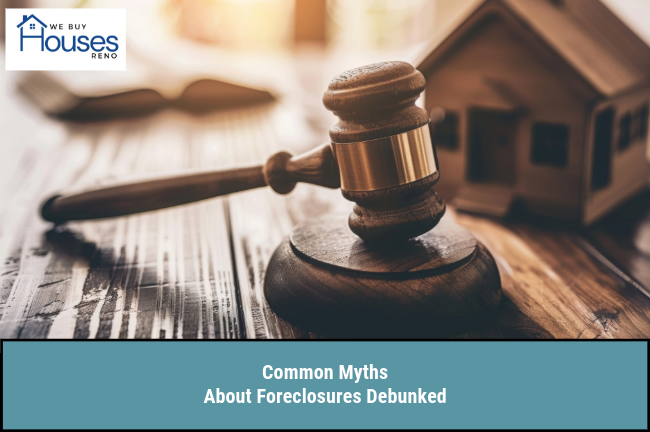When buying a home, interest rates are one of the most important factors to consider. Interest rates affect both your monthly payments and the overall cost of your mortgage in the long run. Even small fluctuations in interest rates can mean big changes in affordability, so understanding how they work can empower you to make the best decisions. From knowing the factors that determine rates to choosing between fixed and adjustable options, understanding interest rates will help you make confident, financially sound choices when buying a home.
In this guide, we’ll break down the essentials every buyer should know, including how rates are set, the different rate options available, and strategies to help you secure a lower rate. With this knowledge, you’ll be better prepared to navigate the homebuying process and make a purchase that aligns with your financial goals.
How Interest Rates Are Determined
Interest rates are influenced by many factors, including economic conditions, inflation, and actions by the Federal Reserve. When the economy is strong, rates often rise to help control inflation. On the other hand, when the economy slows down, interest rates may decrease to promote borrowing and spending. Understanding these factors can help you recognize why rates change and what may affect them in the future.
Lenders also consider personal factors when setting rates, such as your credit score and down payment amount. Buyers with higher credit scores usually get lower rates, as they’re seen as less risky to lenders. Knowing the factors that impact rates can help you make choices that might lead to a better rate when you’re ready to buy.
- Economic conditions: A strong economy often leads to higher interest rates.
- Personal factors: Credit scores and down payments can affect your mortgage rate.
Fixed vs. Adjustable Rates: What’s the Difference?
Mortgage rates generally come in two types: fixed and adjustable. A fixed-rate mortgage has the same interest rate for the entire loan term, providing stability in monthly payments. This is a popular choice for buyers who want predictability and plan to stay in their homes long-term. A fixed-rate loan shields you from rising interest rates, but you won’t benefit if rates drop.
An adjustable-rate mortgage (ARM), on the other hand, starts with a lower rate that can change periodically based on market conditions. This option can be attractive if you plan to sell or refinance before the rate changes. However, an ARM comes with the risk of higher payments if rates increase, which can lead to budget challenges.
- Fixed rate: Predictable payments, ideal for long-term stability.
- Adjustable rate: Lower starting rate but potential for increased payments.
How Interest Rates Impact Your Monthly Payment
Interest rates directly impact how much you’ll pay each month for your mortgage. Even a small change in the rate can make a significant difference in your payment amount. For example, a 1% rate increase can add hundreds of dollars to your monthly payment, affecting your budget and what you can afford. Understanding this relationship can help you make smarter decisions about when to lock in a rate.
In addition to your monthly payment, interest rates affect the total amount you’ll pay over the life of the loan. Lower rates mean more of your payment goes toward the loan balance, reducing the amount you pay in interest. Keeping an eye on rates can help you save money and make buying a home more affordable over time.
- Monthly impact: Small rate changes can significantly affect your payment.
- Lifetime cost: Lower rates reduce the overall cost of your mortgage.
Strategies to Secure a Lower Interest Rate
Securing a lower interest rate can save you thousands over the life of your loan. One effective strategy is to improve your credit score by paying bills on time and reducing debt. A higher credit score can qualify you for better rates and help you afford a home more comfortably. Another option is to consider a larger down payment, as this can lower your loan-to-value ratio and make you eligible for a lower rate.
Shopping around with different lenders is another way to find competitive rates. Comparing offers from multiple lenders gives you a better chance to find a rate that suits your budget. Timing your application to coincide with lower market rates can also improve your chances of securing a favorable rate.
- Credit improvement: A higher credit score can help you qualify for a better rate.
- Lender comparison: Shopping around increases your chance of finding the best rate.
Conclusion
Interest rates play a crucial role in the homebuying process, impacting both your monthly payments and overall financial health. By understanding what drives interest rates, the types of mortgages available, and strategies for securing the best rate possible, you can approach homebuying with confidence and clarity. Making informed decisions about interest rates can save you thousands over the life of your loan, keeping more money in your pocket.
Taking the time to research and prepare is well worth the effort. With these insights, you can navigate the mortgage process smoothly, maximize your budget, and get one step closer to owning your dream home.



